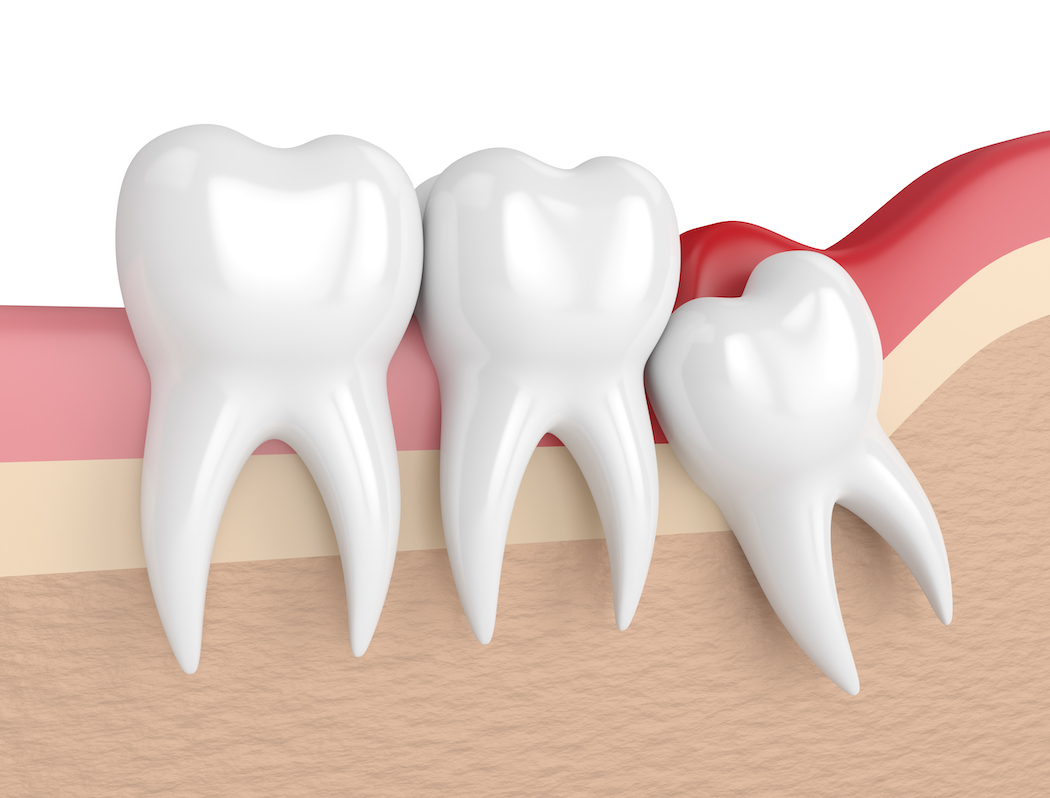
Have you ever wondered why wisdom teeth removal is so common? Wisdom teeth, also known as third molars, are the last set of molars to emerge in the back of your mouth. While they can sometimes grow without causing issues, more often than not, they require removal due to various reasons. In this blog, we’ll explore why wisdom teeth often need to be removed and the factors that contribute to this common dental procedure.
1. Limited Space in the Mouth
One of the primary reasons for wisdom tooth removal is the lack of sufficient space in the mouth. By the time wisdom teeth start to emerge, the other teeth are already in place, leaving little room for these additional molars. As a result, wisdom teeth can become impacted, meaning they don’t fully emerge from the gum line or come in at an angle.
2. Impacted Wisdom Teeth
Impacted wisdom teeth are a common issue that often leads to discomfort and potential dental problems. When a wisdom tooth can’t fully break through the gum or align properly with the adjacent teeth, it may cause pain, swelling, and infection. Impacted wisdom teeth can also exert pressure on nearby teeth, leading to crowding or misalignment.
3. Infection and Gum Disease
Partially erupted or impacted wisdom teeth can create pockets where food particles and bacteria can accumulate. These areas are challenging to clean effectively, making them prone to infection and gum disease (periodontal disease). Gum disease can lead to pain, swelling, and even damage to the surrounding teeth and bone.
4. Dental Crowding
Wisdom teeth can exert pressure on the neighboring molars, causing them to shift or become misaligned. This can lead to dental crowding, a condition where there isn’t enough space for all the teeth in the mouth. Crowding can affect your bite and oral health, potentially requiring orthodontic treatment.
5. Tooth Decay
Wisdom teeth are located at the back of the mouth, making them challenging to clean properly. As a result, they are more susceptible to tooth decay. Cavities in wisdom teeth can be challenging to treat due to their location and limited accessibility, often necessitating removal.
Wisdom Teeth Removal in Columbia, SC
While not everyone requires wisdom tooth removal, it’s a common dental procedure due to space limitations, impaction, infection risk, gum disease, dental crowding, and tooth decay. Regular dental check-ups and X-rays can help monitor the development of wisdom teeth and determine whether extraction is necessary. If you experience pain or discomfort in your back molars or suspect issues with your wisdom teeth, consult with our team to learn about your options.
